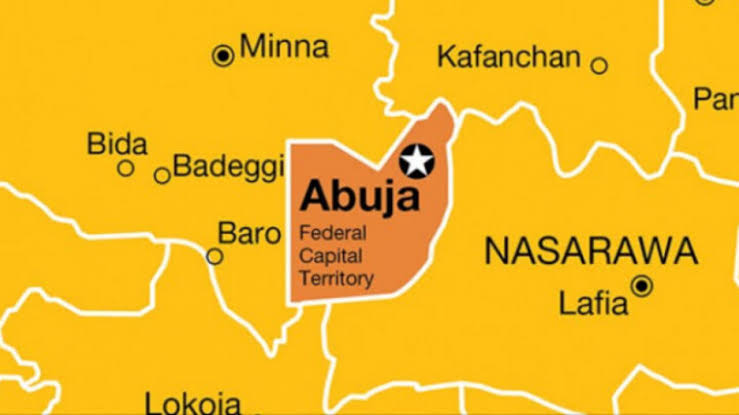A young man was publicly flogged on Wednesday by Magistrate Farida Ibrahim of the Chief Magistrate Court in Wuse 6, Abuja, after being accused of fighting with a prostitute.
The magistrate based her ruling solely on a statement provided by the police. According to their report, the man admitted during interrogation that he had gotten into a physical altercation with a commercial sex worker.
He had no legal representation during the hearing, and no evidence besides his alleged confession was presented in court.
His identity has not been officially released. He was arrested by police and brought before the court for what was described as a public disturbance.
The details surrounding the cause of the fight remain unclear.
Critics argue that the sentence public flogging is in violation of Section 34(1)(a) of Nigeria’s 1999 Constitution, which states that “no person shall be subjected to torture or to inhuman or degrading treatment.”
Legal experts and human rights organizations have expressed concern, saying that punishing someone with flogging, especially without due process, is unconstitutional.
This is not the first time such punishment has stirred controversy. In a well-known 2022 case in Kano State, two TikTok content creators were sentenced to 20 lashes and 30 days of community service after being found guilty of defaming the then-Governor Abdullahi Ganduje.
Senior Magistrate Aminu Gabari also ordered them to pay a N20,000 fine each, post a public apology video online, and perform menial tasks such as cleaning the court’s toilets. Their arrest came after posting a video accusing the governor of corruption and laziness.
Human rights groups, including Amnesty International, condemned the punishment in both cases as degrading and a violation of fundamental rights.
Click on the link to watch video:



